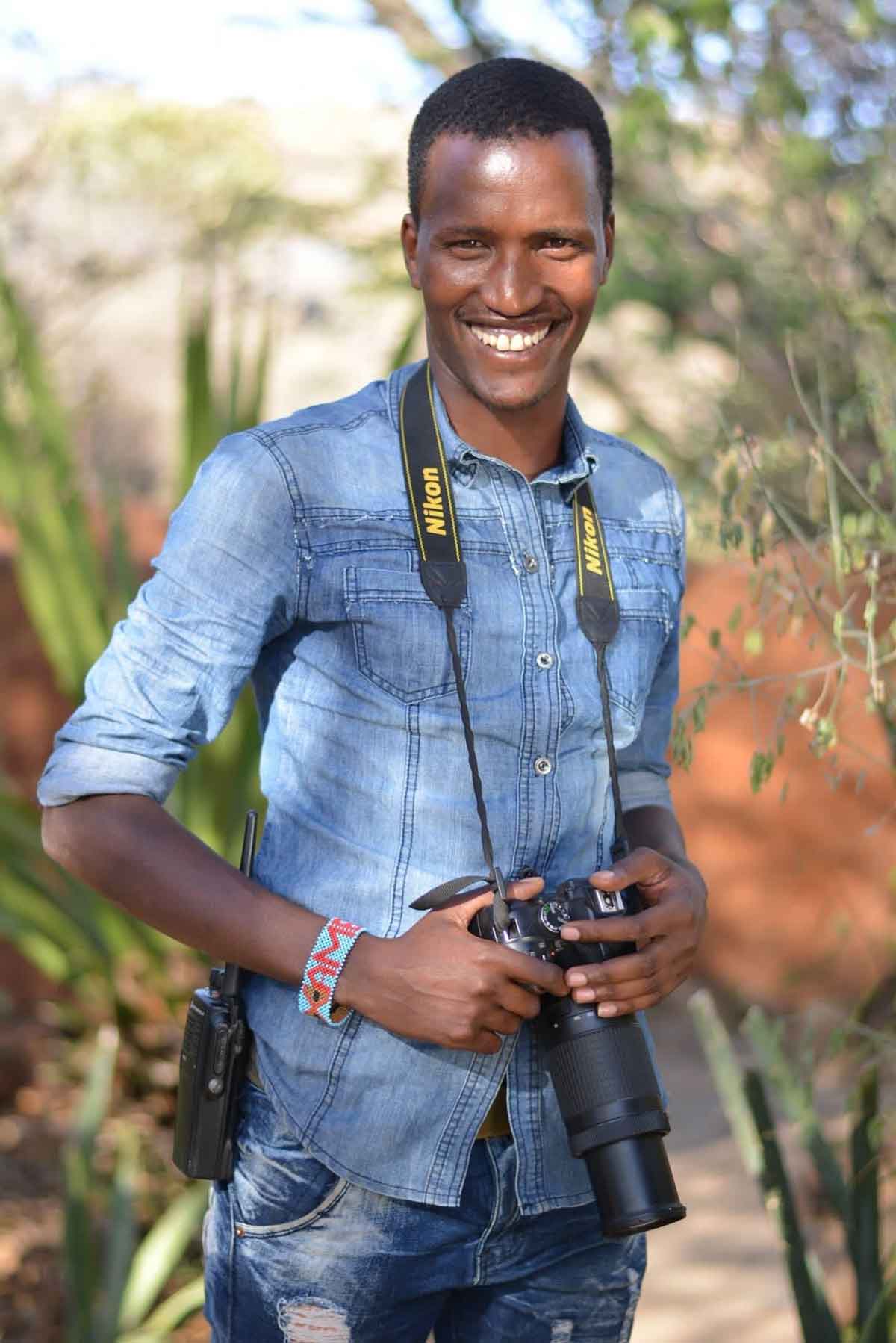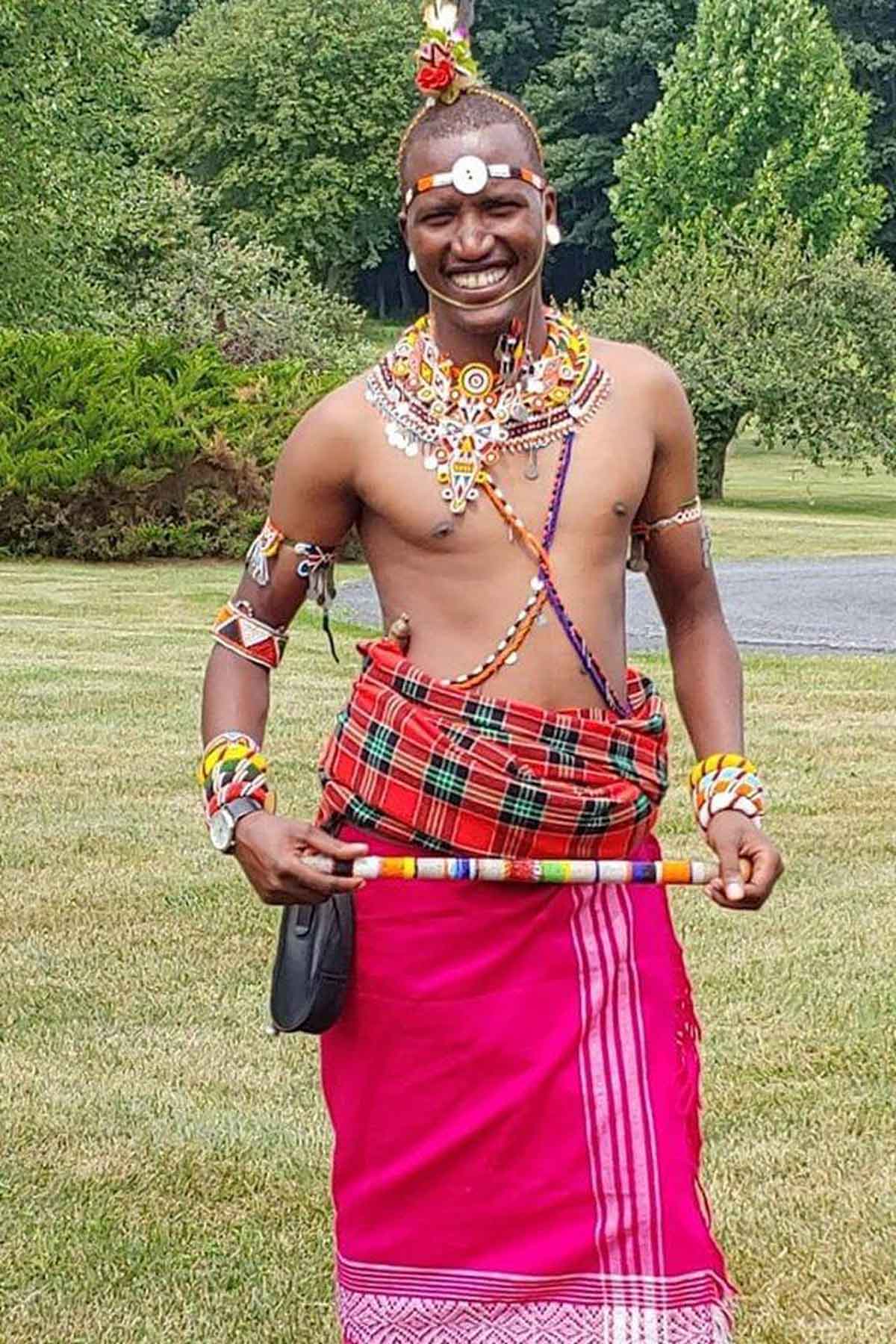Ambrose Letoluai
Kenya Media Manager
What is your role at VI and what do you enjoy most about your job?
I serve VI as the Kenya Media Manager—I love taking pictures and telling stories about the people and animals.
What are the biggest challenges you see in your country related to animal health?
There are many animal health challenges facing people, domestic animals, and wildlife in my country. I was born in northern Kenya, and my parents are pastoralists, meaning they keep livestock. My whole life I was raised with animals e.g. goats, cattle, sheep, herding dogs, cats, donkeys and camels. My father never liked chickens as it is the norm of Samburu men not to keep birds, but he allowed my mother to keep them. I have grown up watching animals die due to unknown diseases. In my village few folks got opportunities to get a formal education and that meant no one ever thought of studying veterinary science/medicine.
I remember diseases like foot and mouth (Samburu refer to it as ‘Lkulup’) and because of the lack of veterinary awareness, it used to affect many cattle. Other diseases like Anthrax kills many livestock and sometimes herders have difficulty treating it, as many times it is misdiagnosed. My father, for example, uses his traditional knowledge to prevent disease outbreak by using indigenous herbs and if he goes to buy prescribed drugs, he sometimes injects an overdose leading to animal death. Because he is untrained, he loses trust in prescribed drugs which creates a big animal health issue in my community. To date, there are no veterinary services in my village because there are few vets deployed by the government.
How has VI helped you in your life/career?
I’m a wildlife photographer, National Geographic Explorer, and I was using my photos for conservation awareness when I was contacted by VI with an opportunity to story tell through my photography. I was overwhelmed by the opportunity to use my work to be part of a team that will be helping animals. Even though I love taking pictures, not having the right equipment to use e.g., a good camera, nice phone, gimbal, and microphones was the main problem for me, but when VI gave me this opportunity, they have supported me to ensure I receive the right equipment. I don’t take this for granted as I know VI could have hired individuals who already had that equipment and more experience. VI is part of a building stone in my career as a growing filmmaker from an indigenous community in Kenya and I appreciate that.


Where do you see VI being most helpful in veterinary capacity building for you and for your country? What can VI do to have the greatest impact?
Having worked with VI as a non-vet, I see my own village and community getting easier access to veterinary services and the great impact will be applying indigenous knowledge from communities like mine. Educating herders like my father will help local herders to understand the cause of diseases and how they can be prevented.
What are you most proud of?
I’m proud to see international organizations like VI collaborating with the government, local communities, and other stakeholders to solve existing problems.
What are you most excited about in your work with VI?
Seeing my photos being used to tell the world about the importance of saving animals and the cultural practices of indigenous peoples.
Where do you see the future with VI being involved?
I see the future full of hope.

